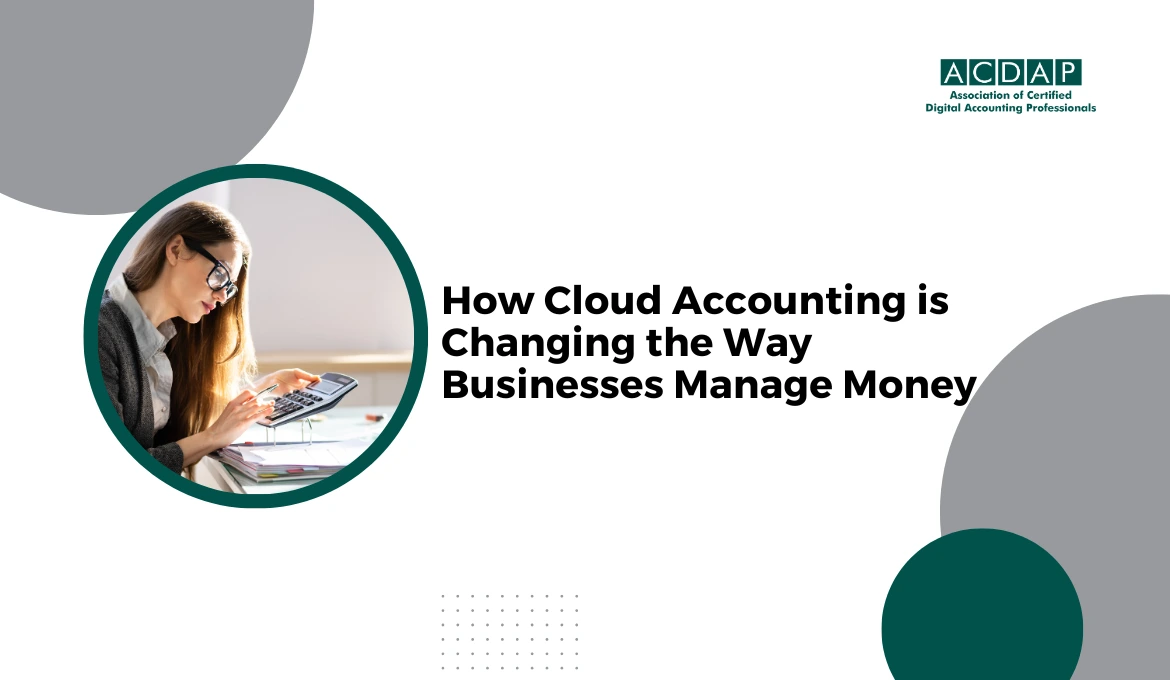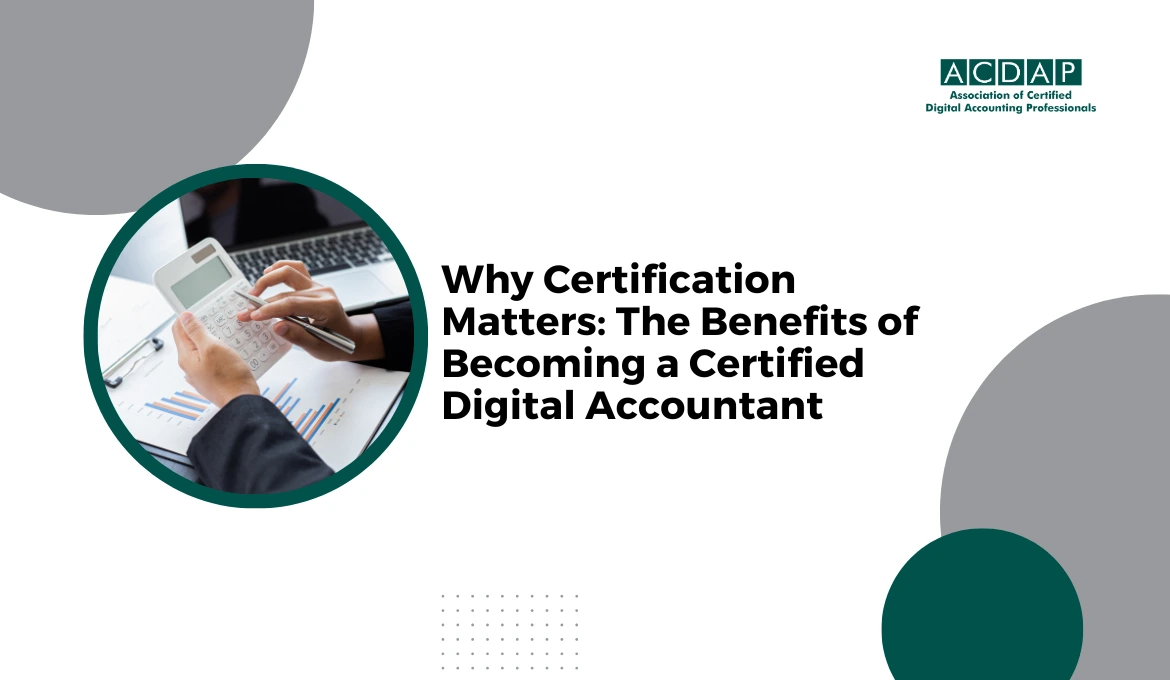Digital accounting is a modern approach to managing financial information that involves the use of electronic tools and software solutions. With digital accounting, accountants can create, transfer, manage, and store financial information seamlessly, reducing the time and effort required for manual processes.
Traditionally, accounting has been a field that has yet to see much digital innovation. From digital accounting, a business can get various benefits in terms of time and cost savings, increased accuracy, and improved efficiency. By embracing digitalisation, companies can streamline their accounting processes and focus on their core competencies.
However, many processes within accounting are repetitive and time-consuming, which makes them ideal candidates for automation. By embracing digitalisation, businesses can streamline their accounting processes and increase efficiency.
Digital accounting has many advantages, and we explain here the glaring benefit.
Accounts automation
One of the most significant advantages of digital accounting is the automation of accounts payable and receivable. Instead of relying on paper invoices that need to be approved manually, an invoice management system can automate the entire process, from receipt to payment.
Procurement
Similarly, procurement involves a lot of paperwork, including quote requests, purchase orders, contracts, and shipment receipts. All these documents can be digitised, saving time and reducing costs.
Secure auditing
Another area where digital accounting can bring significant benefits is audit documentation. A digital audit process is more secure and accurate, as accountants can rely on digital files and audit trails to document and prove compliance.
Expenses management
Expense management is another process that can benefit from digitalisation. Manually submitting, reviewing, and approving expenses takes time and effort. An expense management tool automates the process, improving the experience for everyone involved.
Faster and accurate data retrieval
The monthly/quarterly close process is another area where digital accounting can save significant time. When relying on digital accounting tools, retrieving the data needed for the primary method is much faster and more accurate.
Accounting firms can also digitise the signing and managing of client agreements. This process is more convenient for everyone involved and can help firms provide a better overall experience for their clients.
Conclusion
Overall, digital accounting is crucial to the success of modern businesses. By leveraging the power of technology, companies can streamline their financial activities, increase accuracy, gain valuable insights, and remain compliant with regulatory requirements, including HMRC. Digital accounting is an excellent investment for businesses of all sizes, providing significant benefits that can help organisations grow and succeed in a rapidly changing business environment.


























